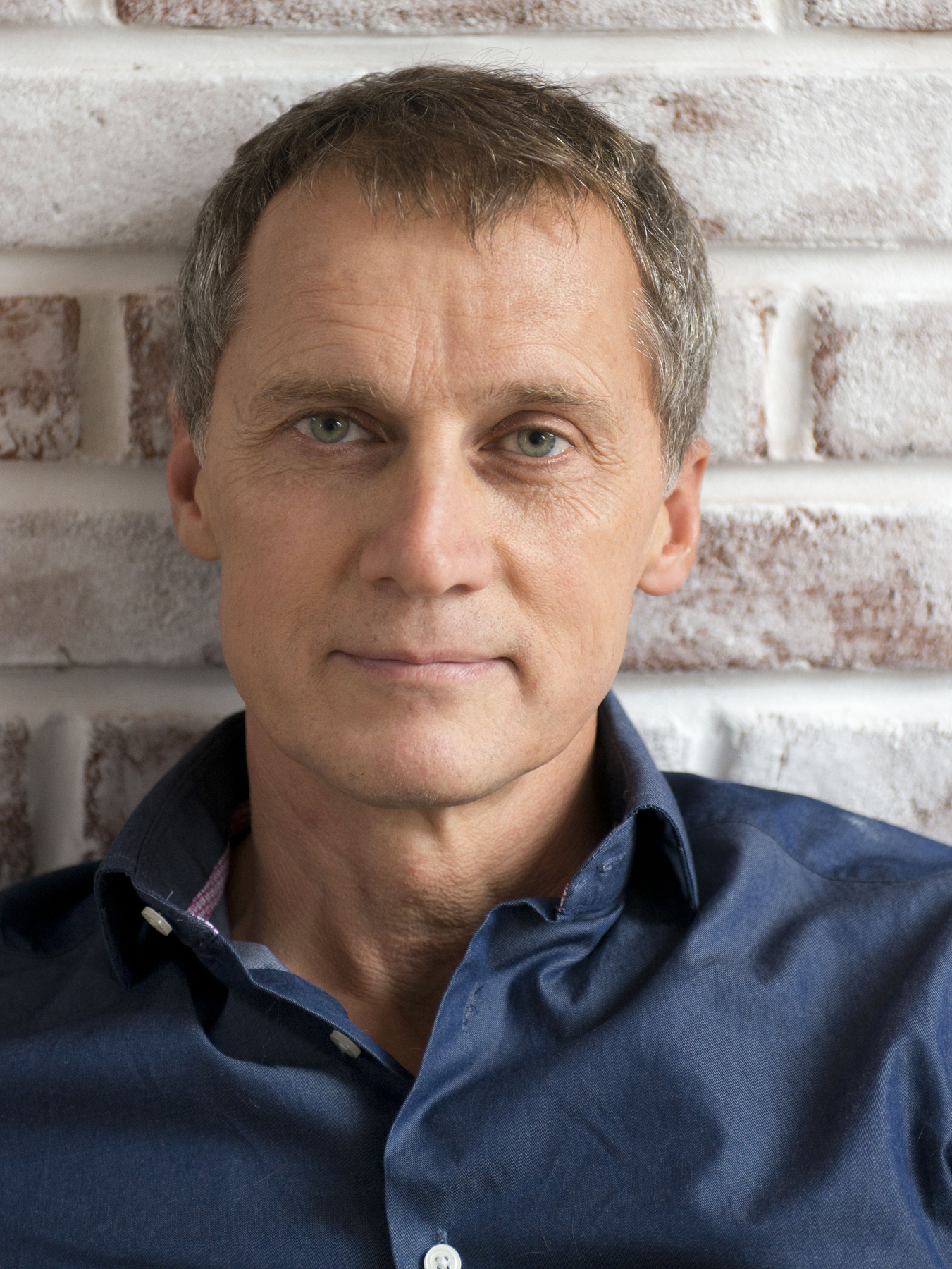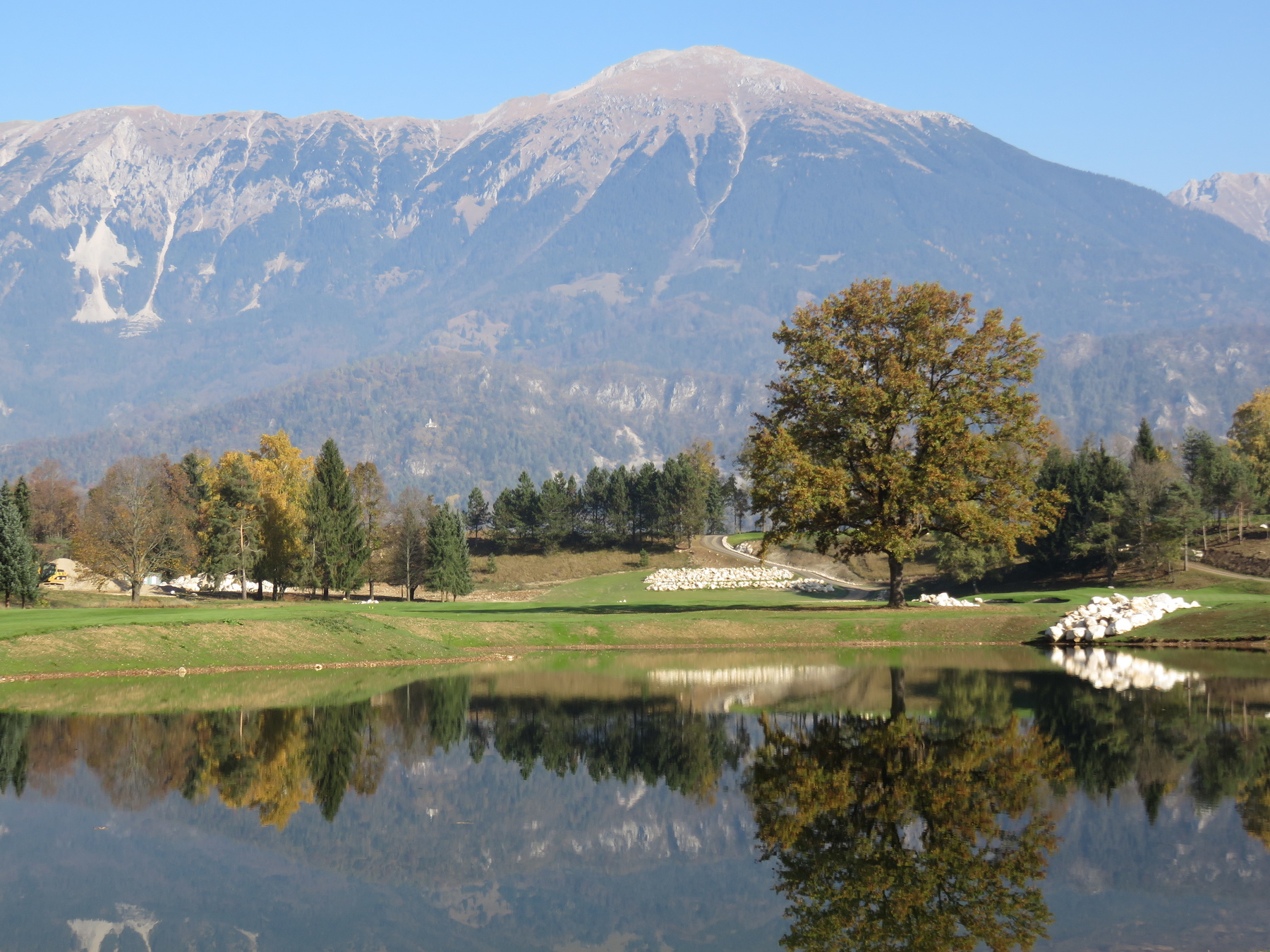GolfBusinessNews.com talks to Michael Pask, a member of Golf Business International, a former senior vice-president of WME IMG Golf who, in March 2016, founded his own consultancy: Michael Pask Advisory.

You have worked across a number of sports while you were a senior vice-president at IMG and now subsequently running your own advisory business, so how do you see golf in comparison to other sports?
I have been involved and continue to be involved in many sports which I love. I am a sports nut though sadly my days of high performance are over. Golf has not only been a big part of my working life but also a passion in terms of pastime so I am perhaps slightly biased. I do believe, however, it has some incredible values that, despite the odd setback, it has managed to retain. It is a sport that can and should be harmonious with the environment; it is a sport that has integrity at its heart and has contributed more from a charitable angle than I suspect any other sport in the world.
Although it has broadened and commercialised itself predominantly very well over the last few decades it has still managed to retain what I believe on the inside is a great brand. I will say, however, it has done a very poor job of telling the world about how great it is. Environmentally it has been pressurised, although has been changing over the last five years as a result of the great work the Golf Environment Organisation (GEO) has been doing. It has really not told the unbelievable giving nature of golfers (NGF data shows some $4 billion per annum in the USA alone). Its benefit on health and tourism are huge and the list goes on.
Why do you think golf has not managed to achieve a better management of its PR?
I believe fundamentally this comes down to control and the disseminated nature of the sport. We have many governing bodies, with the R & A and USGA dominating; we have many Tours, Federations and various stakeholders involved. Focusing in on singular issues has, therefore, required consensus which has rarely happened, with the exception of the great job that was done around the Olympic reintroduction.
Health, environment, participation and, who know, possibly even the professional game, could all be driven by a singular vision backed by effective communications to tell not only the golfing world what is happening and relevant, but, even more importantly, the non-golfing world.
Again, I would point out to the work of GEO, which in the environmental space, has engaged with the United Nations Environment Programme (UNEP), EU, WWF and many others to tell the story of what we are doing as a sport and how we want to improve in this area. It should, however, be happening on many fronts.
As someone who spent a lot of time working in the development world and in design of facilities how do you see this business growing and evolving?
Specifically in golf, the architects have had a tough time of it recently with the demise of new business in China and also other markets such as Turkey slowing down. The good architectural practices, however, have survived and some have even thrived as it has meant a consolidation of activity and a focus on those people who can really deliver quality at an economic level which makes sense.
European Golf Design has been one of these and, clearly, as a former director of the company I am very proud of much of the good work they do and continue to deliver. I believe there is still growth in the market for redesign and redevelopment of existing facilities – William and Howard Swan’s redesign of the beautiful Royal Bled has shown this, as has the great work that Mackenzie & Ebert have done on places like Turnberry – but, equally, there are some great markets still that will continue to evolve and grow as the well-known value of golf tourism continues to spread.
I would say, however, going back to my first point, if golf spoke with a more coordinated voice this speed of growth would be far greater – particularly, having dealt with many governments over the years, the clarity of story needs to be stronger and clearer. What is for sure is that the days of golf courses being developed irrespective of market and environmental conditions has disappeared and I, for one, am not disappointed by this fact at all, as they gave the sport a bad name with their lack of financial or environmental sustainability.

You reference sustainability a lot, is this a passion?
In short, yes – but it is not only a passion. I also see the relevance it can have on the impact on the growth of the sport and the harm it can do when done incorrectly. The WWF, when GEO started out, was adamantly against the sport – this has an impact on how people perceive us, especially the young who we are so keen to attract to the sport.
Now through the work GEO has carried out – ISEAL accreditation, On-Course and a Certification programme and many other good pieces of work – the IOC now believes that golf, in many ways, is ahead of the curve of any Olympic sport with regards to sustainability, and the WWF works with GEO on enhancement of environment and responsible developments. I hope all the governing bodies, players and tours will continue to support this invaluable organisation as it continues to make meaningful impact in this space.
Globally golf has almost 35,000 facilities occupying a huge land bank. These land banks should be a contribution both to local flora and fauna but also, importantly, the society with which they engage. We have not done a good enough job here and must get better. In the experience-led economy we live in, with growing pressure on time and money, we have to be able to tell this story to allow facilities to be built responsibly, but then also to drive the new generation of customers we need to attract, driving financial sustainability as well and this is where the governing bodies and associations can really add value in sharing best practice across all facilities.
Talking about growth, from where do you see this coming?
It’s a complex question and depends really on which part of the sport you are looking at. I think golf tourism will continue to grow; manufacturing has undoubtedly struggled, as shown by Nike’s decision and Adidas’ recent offload of TMG. In terms of general participation growth I go back to my earlier point, we simply won’t grow at all if we don’t sort out what we stand for and our collective narrative.
I was involved with Topgolf very heavily in the early years and they have done an amazing job in the USA of taking a truly creative sport entertainment platform and making this work in a dynamic fresh and impactful way. This has led to a huge business growing in front of our eyes.
If I was any stakeholder in golf I would be embracing companies like Topgolf – and there are others trying to do things differently – and say ‘how can we work with you to take the people you are bringing into the game, even if it is on a dating night, to then follow up in terms of a meaningful athlete pathway?’.

I did a lot of this type of work when I was working with the IMG Academy business but also on both the French and Italian Ryder Cup bids and our federations’ consulting work. With a proper connectivity and story, real growth in participation can happen but it may not be through traditional routes. We have lost our biggest asset to the growth of the game, in Tiger, but even with him I do not think golf capitalised on his impact. Golf had never had the world’s most famous sportsman, and I don’t think the world of golf was set up to know what to do when we did, in terms of meaningfully growing the game off the back of it.
In terms of other growth, perhaps, on the facility side, I still believe that once the dust has settled in China and other Asian countries then there will be opportunities for the sport. Similarly, with an emerging middle class in India, once land issues can be resolved, the country represents a big opportunity.
Africa, as a continent, I believe in, and South Africa has shown how great facilities, tournaments and an effective organisation can help create some superb talent. Businessman Johann Rupert (who developed Leopard Creek Golf Club) can take a lot of credit for his support of the game in that country and there are some other good examples of one or two individuals impacting single sports through their own passion. We need more of these around the world.
From a perspective of real growth, I think us being able to tell the positive impacts of the sport as a health benefit will have a massive effect in the developed markets. Imagine a doctor prescribing golf as a great cardio rehab sport … this is the position we should be in and I hope we will get there one day. Collective positioning is essential, however, and I am just not sure this will ever happen with the lines in the sand as they are currently. In other areas I believe global amateur events, university golf globally, and also the women’s game across the board, represent some good opportunities to grow considerably in scale.
You referenced the Olympics. As someone who managed some of the greatest Olympians ever – such as Sir Steve Redgrave, Dame Katherine Grainger, Michael Johnson and Ian Thorpe – what was your view of the event and golf’s return?
I had the pleasure and honour of working with many great Olympians and I remember some great debates with Steve when we were trying to support getting golf back into the Games. It was a moment when the sport did come together and showed what it could achieve when it did. Golf should be just doing this all the time in the areas I have mentioned previously.

I think in this Peter Dawson (former chief executive of the R&A) and Antony Scanlon (executive director of the International Golf Federation) deserve a lot of credit and should take a huge accolade for the work they did on this. However, ultimately, they were let down by the top players who decided not to participate and golf looked like it had not learned from the mistakes that tennis, another relevant professional sport, made when it joined the Games.
The Olympics are truly special and I know if I had been as good as any of the players who decided not to play in the Games I would have felt it was a missed opportunity to be part of something special. Ask Andy Murray what he is most proud of and I am sure he will say Wimbledon and the Olympic success in the same sentence because he knows what it means to be wearing one of those medals at the same level as truly inspiring people like Bolt, Redgrave and Johnson.
Justin Rose deserves a lot of credit for the way he handled himself and while the top players didn’t play, ultimately, it was their loss. The golf component of the Games was a great success with a good course – albeit with some controversy surrounding it – good impact and spectators and a good winner. This has been reflected in the IOC’s recommendation to continue beyond Tokyo.
I hope all the players embrace Japan and what Olympic golf means: share in the incredible sporting occasion and atmosphere of the village and 30,000 athletes and get back to what sport really is at its heart – not the money, not the trappings, but Corinthian values that hold as true now as they did in St Louis in 1904.
You were obviously heavily involved in the world of professional golf; how do you see this world now especially the European Tour and its new personnel?
While there are certain challenges, if golf continues to look after its brand, it still stands for a great product and value system, while retaining a great professional game.
There is a lot of tournament golf and, probably, long term, a global tour is inevitable. It would be good for the game, providing clarity to both golfers and viewers, but there would clearly be winners and losers in this process and thus, at the moment, there is a status quo.
In terms of the European Tour I am probably a step away to comment in too much detail now but I know Keith (Pelley, European Tour CEO) and he is clearly a dynamic guy who accepts that the Tour needs to evolve and is trying to make this happen at some speed.
He has brought some good people into the organisation, some of whom are friends, and these things always take time. Undoubtedly, he could be supported by some of the European players, but, equally, they will always want parity on playing conditions and prize money which is a critical factor and in this they have some way to go, though the Rolex series is a great step forward.
New sponsorship, however, with the way some of the participation and other stats are going is tough, and that’s why the narrative and action areas of the sport have to change and be focused around the real positives of the game. Unfortunately, the ‘Field of Dreams’ days of ‘build it and they will come’ – to either players or spectators/viewers – has long since gone.
Golf as a broadcasting product certainly has its challenges outside the Majors and Ryder Cup and I think this can improve – but again I have good friends in this area who I know are working hard to achieve this. Simply at the heart of great content people want to watch the best sportsmen competing in the best manner and locations in a dynamic and meaningful way.
This is where value is created and it is at the heart of why the Ryder Cup is so successful – it matters not just to the players but the spectators. I have my views on how this could be done better but I am afraid it would take up a few too much space!

How have you found leaving a giant corporate and creating your own business?
I was lucky to have some incredible mentors in Mark McCormack (founder of IMG), Ian Todd (president of IMG and former senior executive at Nike) and others while at IMG and I was constantly challenged to evolve the business and as such was involved with so many different areas of sport, entertainment and media.
I believe it is not until one leaves organisations that one truly understands the skills set one has, which is as applicable to the broad corporate world as it is to sport. This has been the revelation for me and, while still heavily involved in sport, I am also working with a broad range of corporations not only on brand building, story-telling, business growth and sales, but also on culture and people.
I was proud of the people I hired while at IMG and even prouder to watch them grow and succeed. It is remarkable, particularly given the nature of the Millennial generation, just how few companies really provide what people want these days from their job and career, and I hope I can provide a real value in this area.
This has been the really fun part of building my advisory business and I am really excited about the next decade and the exciting clients I already have.
Michael Pask, thank you very much
The non-profit Golf Business International, formed in 1999 as the Golf Consultants Association, is unique in the UK in its ability to make available a team of highly-respected and experienced golf industry professionals to deal with any aspect of the business of golf through from conception to end.

